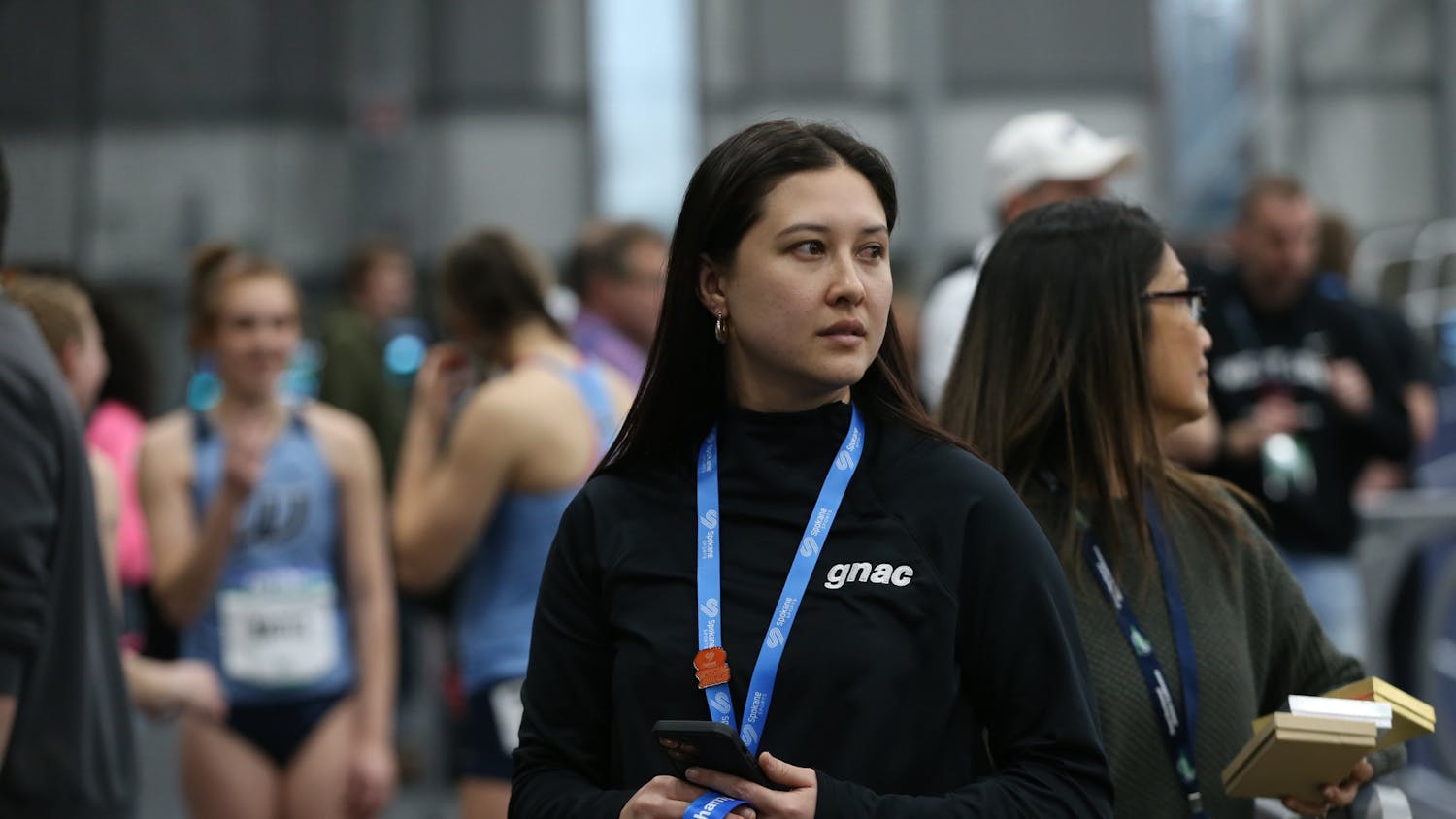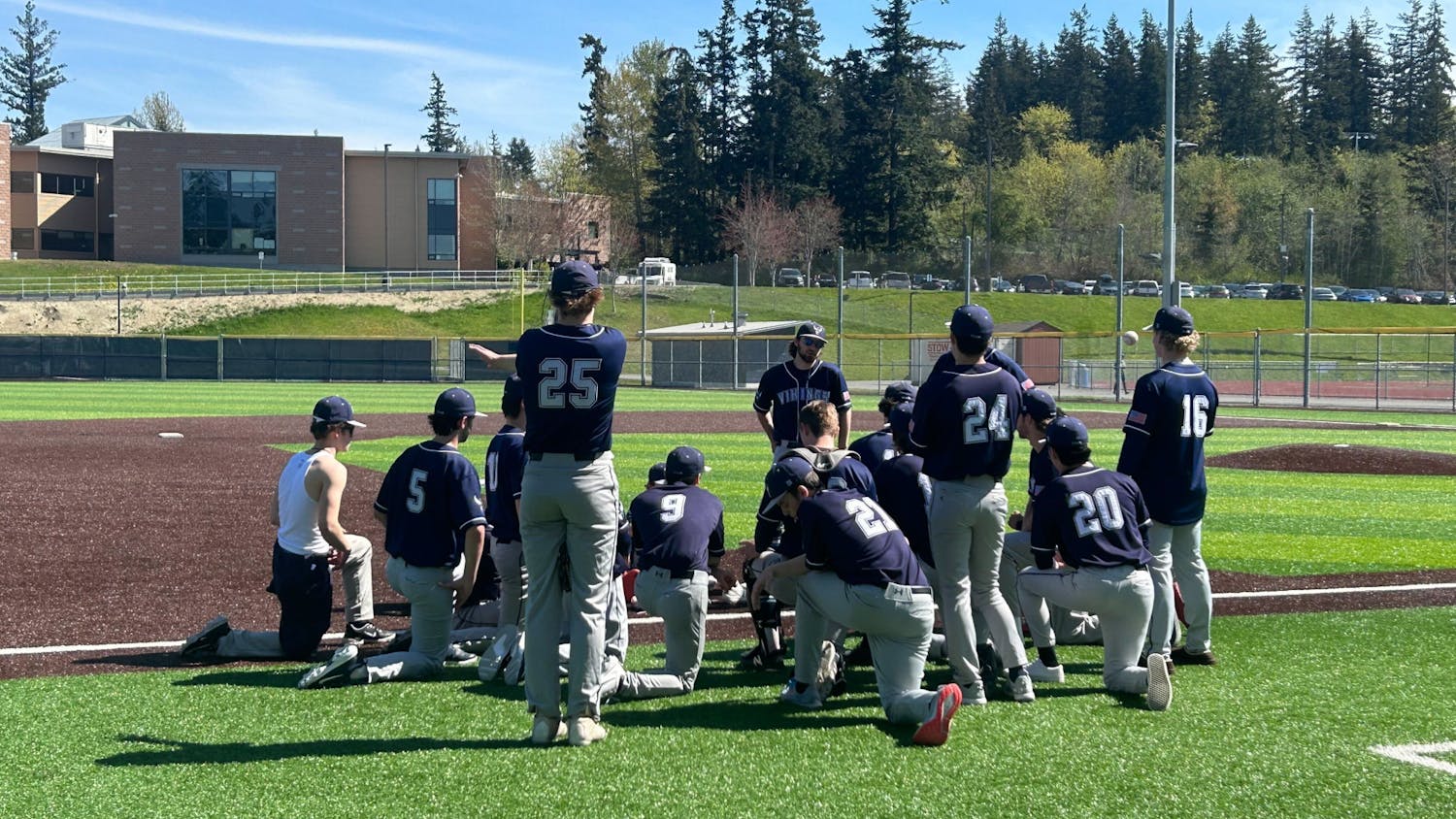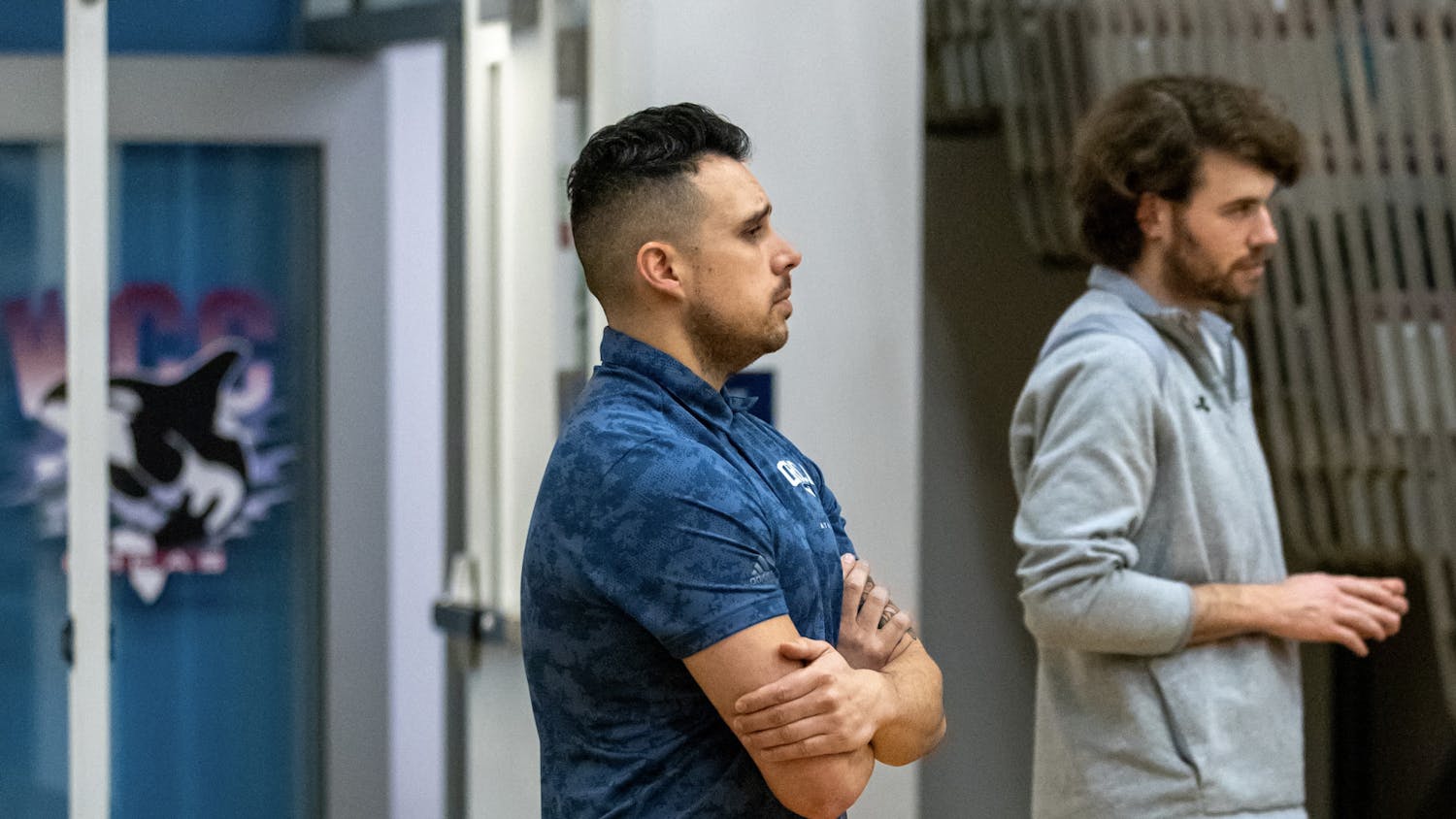Illustration by Julia Berkman
Since the National Association of Collegiate eSports launched in 2016, more than 300 colleges and universities across the U.S. have launched eSports programs. Collegiate leagues for competitive gamers are quickly growing in popularity, and Western’s Rocket League Club members hope to get eSports and their team recognized across campus.
“Rocket League”, published by video game company Psyonix, is a video game that has quickly become one of the most recognized titles in collegiate eSports since its release in 2015, according to their website. The game is essentially soccer with rocket-powered cars. One to four players are assigned to each team and the objective is to hit the ball into the opponent’s goal and score points over the course of a match.
Andrew Glass, a Western alumnus, found that there were four gaming clubs at Western, though none were specifically for Rocket League in 2015. Glass, who had been playing “Rocket League” for about two years, realized that the game needed a club of its own.
“I put a feeler out on Reddit to see if anybody would be interested to meet [the] five person founder cap. I found more than five. I also checked around on the other gaming clubs to see if people would want to join me in this endeavour,” said Glass, who became the club’s first president.
The club officially formed in 2017 and has grown to over 150 members on the club’s Discord server, with four teams that compete in organized seasons and tournaments.
Western’s Rocket League Club President Jacob Friesen, took on the responsibilities of the club after Glass graduated, and explained how the club’s competitions work.
The club plays in a league run through Tespa, a network of college clubs founded to promote gaming culture and host college eSports events and competitions. Tespa is partnered with Psyonix and set the rules for their tournaments. Most smaller tournament organizers will also follow their rules, according to Friesen.
According to their company’s mission statement, Tespa is the world’s largest operator of collegiate eSports leagues, forging partnerships with ESPN, Twitch, and other platforms to create incredible broadcast and in-game experiences for students and audiences everywhere.
Western’s club also participates in the Collegiate Starleague, a smaller league offered in the spring. Their game schedule is determined by a rotating sequence of tournaments or seasons available at different times of the year.
The club also runs organized practices every Tuesday and Thursday at 8 p.m., but for many of the members it’s hardly called practice when playing “Rocket League” is what they would normally do in their free time.
Kevin McGrane, a second-year computer science major, joined the club last summer.
“I really like it because it’s different. When I tell people that I play for Western’s Rocket League team they’re usually kind of confused, but are also really interested because it’s not something that a lot of people do,” McGrane said.
Western Washington University Gaming Association (WWUGA) provides a number of clubs for organized gaming but none are official eSports programs.
When the club plays in tournaments or seasons, they can’t be called the Western Washington Vikings or use the school’s logo. Instead they’re called Western Washington University and use a logo that a member designed for them, according to McGrane.
McGrane hopes that eSports grows big enough to have the university recognized and make “Rocket League” a school-officiated sport.
“At [University of Washington], they have a League of Legends team and somewhere on campus they have a huge mural painted of all the League of Legend players with their characters behind them,” McGrane said. “Just seeing that support and knowledge of [the team] here would be incredible.”
Another member and team player, Sky Howard, said he also wants to see the club grow and reach higher levels of success and recognition.
“Not a lot of people really know of Western, so it’s really nice to play and go against teams that are well known and get your name out there,” Howard said. “Getting to the next level is really important for me and being able to perform at a higher level than people expect us to be able to.”
Although Western doesn’t offer scholarships to “Rocket League” players, members from the club are provided scholarship opportunities by other organizations such as Tespa. Glass hopes to see Western’s Rocket League team win some of those scholarships.
“Half the reason why I made the club was Tespa has thousands upon thousands of dollars they throw at college students for winning these tournaments that they host. I made the club so that people could try to earn some of those,” Glass said.
Howard, who came to Western with the impression that clubs were “stupid”, “no fun” and “a waste of time,” has come to appreciate the club as it has provided him a refreshing experience where he found life-long friends.
“If there’s a club you’re interested in, or if there’s a certain hobby that you pursue, definitely join a club with others. I’ve made friends with some of the most genuine people I’ve met at Western through this club. It’s totally worth the experience,” Howard said.
Three of Western’s Rocket League teams participated in Tespa’s spring 2019 Season of Collegiate Rocket League tournament beginning on Feb. 16 and ended March 20. The Western teams include: WWU, WWU B, and WWU C.
Team WWU made it the furthest, losing to University of California Irvine 1-2 in the third round of the Western Conference bracket. The top teams in the region qualify for conference play to win a $50,000 scholarship.





